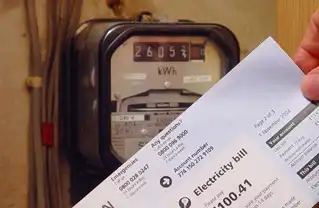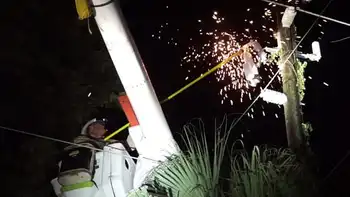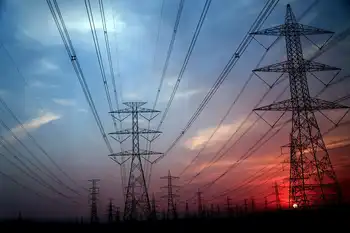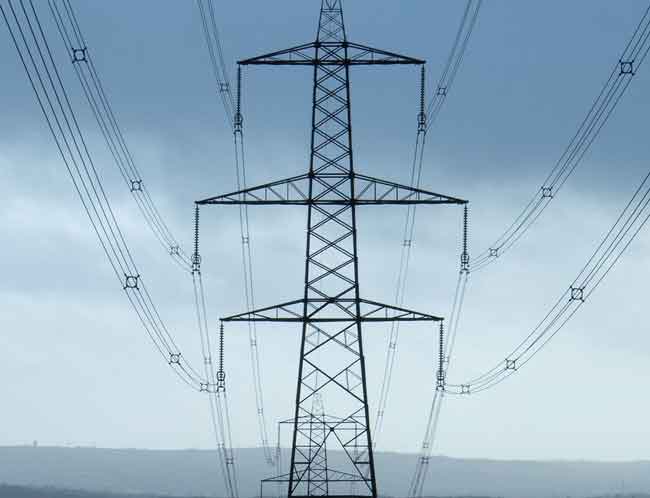France urges world review of nuclear
By Reuters
NFPA 70e Training - Arc Flash
Our customized live online or in‑person group training can be delivered to your staff at your location.

- Live Online
- 6 hours Instructor-led
- Group Training Available
Group of 20 chairman Sarkozy said France wanted to host a meeting of the bloc's nuclear officials in May to fix new norms in the wake of the crisis at Japan's Fukushima Daiichi plant.
"We must address this anomaly that there are no international safety norms for nuclear matters," he said.
The world's worst atomic crisis since Chernobyl in 1986 is proving hard to contain and has forced an international rethink on the benefits and safety of nuclear power.
UN body the International Atomic Energy Agency IAEA sets standards and recommendations, but they are not legally binding and safety is primarily the responsibility of member states.
Japanese Prime Minister Naoto Kan backed the French proposal for a global nuclear review. "In order to avoid recurrence of such an accident, it is our duty to accurately share with the world our experience," Kan said at a joint news conference.
The nuclear drama at the Fukushima Daiichi plant has piled on the agony for Japan after the quake and tsunami left nearly 28,000 people dead or missing and caused damage that may top $300 billion.
First data on the economic impact of the March 11 disaster showed manufacturing suffered its biggest drop on record this month as factories shut and supply chains were disrupted, especially in the car and technology sectors for which Japan is renowned.
France, the world's most nuclear-dependent country, is taking a lead in assisting Japan.
"Dear Japanese friends, know that in this appalling catastrophe, the world is watching and admiring you," Sarkozy said during his visit to Tokyo.
As well as his show of solidarity by his personal presence, Paris has flown in experts from state-owned nuclear reactor maker Areva.
"Consider me your employee," Areva Chief Executive Anne Lauvergeon told Japanese officials.
The United States and Germany have weighed in too, offering robots to help repair the damaged nuclear plant.
In an alarming development in Switzerland, a parcel bomb exploded in the offices of the national nuclear lobby, injuring two female employees. It was not known who sent it.
Switzerland has frozen he approvals process for three new nuclear stations pending a safety review after Japan's disaster.











